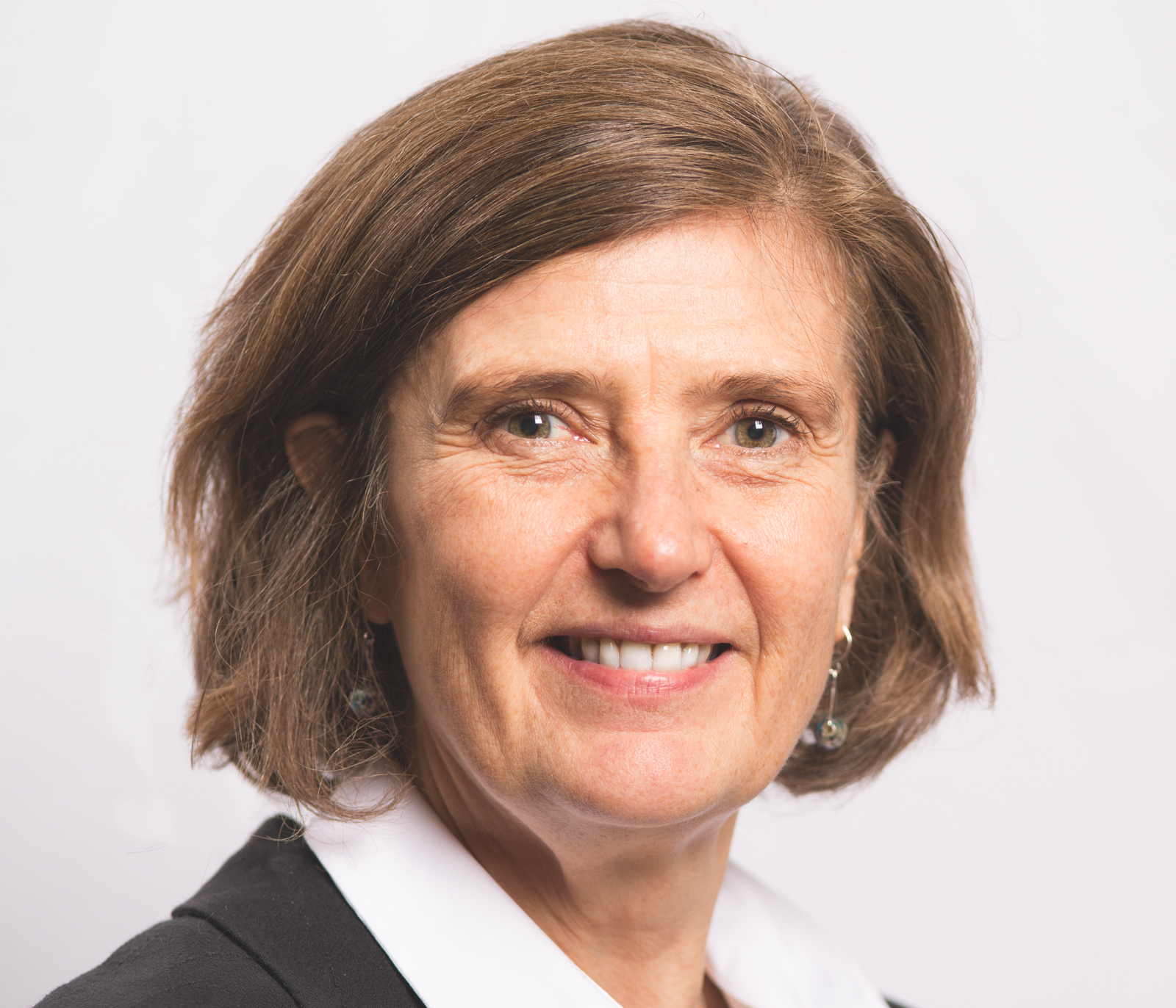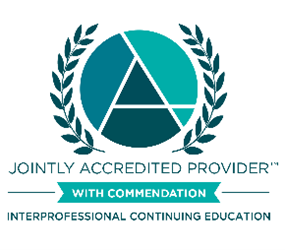
SBIRT in Schools
Who should take this course?
► SBIRT screening tools have been updated to include tobacco and nicotine and are detailed in the SBIRT in Schools Resource Toolkit (revised 9-8-2022). Additional tools are provided in the SBIRT Screening Resources section. ► New Optional Course! Health professionals interested in learning more about how to discuss the use of nicotine, tobacco, and vaping with their students may be interested in taking the OPTIONAL CRAFFT+N - Talking with Students about Nicotine, Tobacco, and Vaping course |
How does SBIRT help me reinforce healthy teen behaviors?
Massachusetts law (MGL Chapter 71, Section 97) requires verbal substance use health screenings in public schools. SBIRT (Screening, Brief Intervention, and Referral to Treatment) is being used as a comprehensive approach to meet this mandate. This course introduces learners to school SBIRT program implementation and best practices in screening, reinforcing healthy choices, and intervening when students report substance use behaviors.
This course includes both live Zoom and online training content. Health professionals seeking contact hours and nurses seeking licensure as school nurses must complete all components of this course.
- The first online lesson of this course describes the impact of substance use on teens, regulatory requirements for conducting verbal substance use screenings in schools, and key elements of the SBIRT in Schools program. The second online lesson provides an overview of Motivational Interviewing and how it is used to enhance conversations about behavior change.
- The live Zoom session introduces learners to SBIRT skills including screening, providing positive reinforcement, conducting brief negotiated interviews using Motivational Interviewing principles, and making referrals.
Target Audience
- This course is designed for school health professionals (nurses, social workers, counselors, psychologists) who will be engaged in conducting SBIRT screening in their schools or districts.
- This is one of four training workshops mandated by the Massachusetts Department of Public Health in order to be licensed as a School Nurse.
- This training is not intended for paraprofessionals.
Learning Objectives
After completing the full course, learners will be able to:
- Describe the impact of substance use on teens
- Utilize the state-approved verbal substance use screening tool
- Summarize the elements of the REACT model (for students who do not report substance use or screen negative)
- Summarize the elements of the Brief Negotiated Interview (for students who do report substance use, or screen positive)
- Identify statewide referral resources
- Describe school team members' roles in creating an effective screening program
- Describe why MI is an effective counseling style when working with individuals with substance use
- Describe how the components of the Spirit of MI facilitate conversations about change
- Comply with MA regulatory requirements to implement a school-based verbal substance use screening program
Course Length
| Content | Duration |
|---|---|
| Self-Paced Activity | approximately 140 mins (~2.4 hours) |
| Zoom session | 2 hours and 15 minutes |
Live Zoom Session Dates:
Please note that Zoom links are available after registering for the course. To ensure proper engagement, please note that there's a participation limit of 45 attendees.
*Note: This training may be at capacity. Please plan accordingly. If you have any questions, email [email protected]
*Zoom registration will resume in August.
Boston University Chobanian & Avedisian School of Medicine asks all individuals involved in the development and presentation of Accredited Continuing Education activities to disclose all financial relationships with ineligible companies. This information is disclosed to all activity participants prior to the start of the educational activity. Boston University Chobanian & Avedisian School of Medicine has procedures to mitigate all relevant financial relationships with ineligible companies. In addition, faculty members are asked to disclose when any unapproved use of pharmaceuticals and devices is being discussed.
In accordance with the Standards for Integrity and Independence in Accredited Continuing Education, all relevant financial relationships that faculty, planners, authors, and anyone who may be in control of content have with ineligible companies have been mitigated.
The faculty below do not have any relevant financial relationships.
Planners
Alissa Cruz, MPH
 Beverly Heinze-Lacey, MPH, BSN, RN (nurse planner)
Beverly Heinze-Lacey, MPH, BSN, RN (nurse planner)As Director of Boston University’s School Health Institute for Education and Leadership Development (SHIELD), Beverly is responsible for professional development programming for school health professionals statewide. Formerly, as the SBIRT in Schools Program Manager for the Massachusetts Department of Public School Health Services, she provided training and consultation to local school districts in implementing SBIRT screening programs. As a former School Nurse and School Nurse Leader, she has extensive experience in managing local school health programs. She has worked as a clinical research nurse and HIV/AIDS epidemiologist and has coordinated a variety of public health and clinical research initiatives.

Tommy McCann, MA, LADC I (planner and former faculty)
Tommy McCann is a former trainer for the MASBIRT Training and Technical Assistance (TTA) Program at Boston Medical Center. He has 10 years of experience working in behavioral health treatment. His career has involved providing direct clinical care to individuals with substance use disorders, providing SBIRT services through state Employee Assistance Programs, conducting substance use evaluations for federal employees, and operating his private practice. Tommy has a Master’s Degree in Psychology from William James College and is an independently licensed clinician through the Massachusetts Department of Public Health’s Bureau of Substance Addiction Services.
Faculty
 Alexandra Heinz, LCSW, MPH
Alexandra Heinz, LCSW, MPH
Alex Heinz is a trainer for the MASBIRT Training and Technical Assistance (TTA) Program at Boston Medical Center. Her past experience includes seven years of direct service provision in the non-profit sector with youth and adults in areas of intimate partner violence, sexual health, mental health, substance use, and infectious disease. She has master’s degrees in Public Health and Social Work from Boston University. Throughout her career, Alex has gained valuable skills in training, health education, group facilitation, and public speaking. Prior to working with MASBIRT TTA, Alex was a Medical Case Manager for the Hepatitis C Clinic in the Boston Medical Center Adult Primary Care practice.
Caroline Hone, MPH
CME/CNE Program Manager: Lesly Zapata, BA
 Nursing Education Credit
Nursing Education Credit
In support of improving patient care, Boston University Chobanian & Avedisian School of Medicine is jointly accredited by the Accreditation Council for Continuing Medical Education (ACCME), the Accreditation Council for Pharmacy Education (ACPE), and the American Nurses Credentialing Center (ANCC), to provide continuing education for the healthcare team.
Nursing Contact Hours: 4.75 contact hours, of which 0 are eligible for pharmacology credit.
Social Work Education Credit
As a Jointly Accredited Organization, Boston University Chobanian & Avedisian School of Medicine is approved to offer social work continuing education by the Association of Social Work Boards (ASWB) Approved Continuing Education (ACE) program. Organizations, not individual courses, are approved under this program. Regulatory boards are the final authority on courses accepted for continuing education credit. Social workers completing this course receive 4.75 general continuing education credits.
SHIELD is a DESE-approved provider for PDPs. PDP certificates are issued for programs/series lasting 10 or more hours on a topic. CNE certificates are also issued for eligible courses. Learners may use CNE certificates toward PDPs.
| Course Release Date: | 7/1/2020 |
| Material Reviewed: | 6/22/2021; 6/24/2022; 6/28/2022 |
| Course Expiration Date: | 6/30/2024 |
Available Credit
- 4.75 ANCC
- 4.75 Social Work (ACE)
- 4.75 Participation
Who should take this course?
► SBIRT screening tools have been updated to include tobacco and nicotine and are detailed in the SBIRT in Schools Resource Toolkit (revised 9-8-22). Additional tools are provided in the SBIRT Screening Resources section. ► New Optional Course! Health professionals interested in learning more about how to discuss the use of nicotine, tobacco, and vaping with their students may be interested in taking the OPTIONAL CRAFFT+N - Talking with Students about Nicotine, Tobacco and Vaping course |
Live Zoom Session Dates:
*Zoom registration will resume in August.
Please note that Zoom links are available after registering for the course. To ensure proper engagement, please note that there's a participation limit of 45 attendees. These meetings are subject to cancellation if registration is low.
(Trainings are available twice a month until June!)
Disclosure
ALL PROGRAMS, ACTIVITIES, AND MATERIALS PROVIDED BY Boston University CHOBANIAN & AVEDISIAN SCHOOL OF MEDICINE BARRY M. MANUEL CENTER FOR CONTINUING EDUCATION OR ITS ASSOCIATES ARE PROVIDED ON THE CONDITION THAT THEY BE USED SOLELY FOR EDUCATIONAL PURPOSES BY QUALIFIED HEALTH CARE PROFESSIONALS. IN NO EVENT SHALL BOSTON UNIVERSITY BE LIABLE FOR ANY DECISION MADE OR ACTION TAKEN IN RELIANCE ON THE INFORMATION CONTAINED IN THE CONTINUING EDUCATION PROGRAMS, ACTIVITIES OR MATERIALS. IN NO EVENT SHOULD INFORMATION IN THE MATERIALS REGARDING LAWS, REGULATIONS, OR LEGAL LIABILITY BE CONSIDERED LEGAL ADVICE OR USED AS A SUBSTITUTE FOR CONSULTING WITH AN ATTORNEY.
Copyright
This material is copyrighted by the Massachusetts Department of Public Health (MDPH). MDPH grants permission for use of these materials for non-commercial educational use only, provided credit is given to the MDPH. Modification of content is permitted only with prior approval of the MDPH School Health Unit.
Special Services / Dietary Needs
Boston University strives to be accessible, inclusive and diverse in our facilities, programming and academic offerings. Your experience in this event is important to us. If you have a disability, require communication access services for the deaf or hard of hearing, or believe that you require a reasonable accommodation for another reason please contact the BUSM-CME Office at least 3 weeks prior to event to discuss your needs. Please contact us at [email protected]

 Facebook
Facebook X
X LinkedIn
LinkedIn Forward
Forward